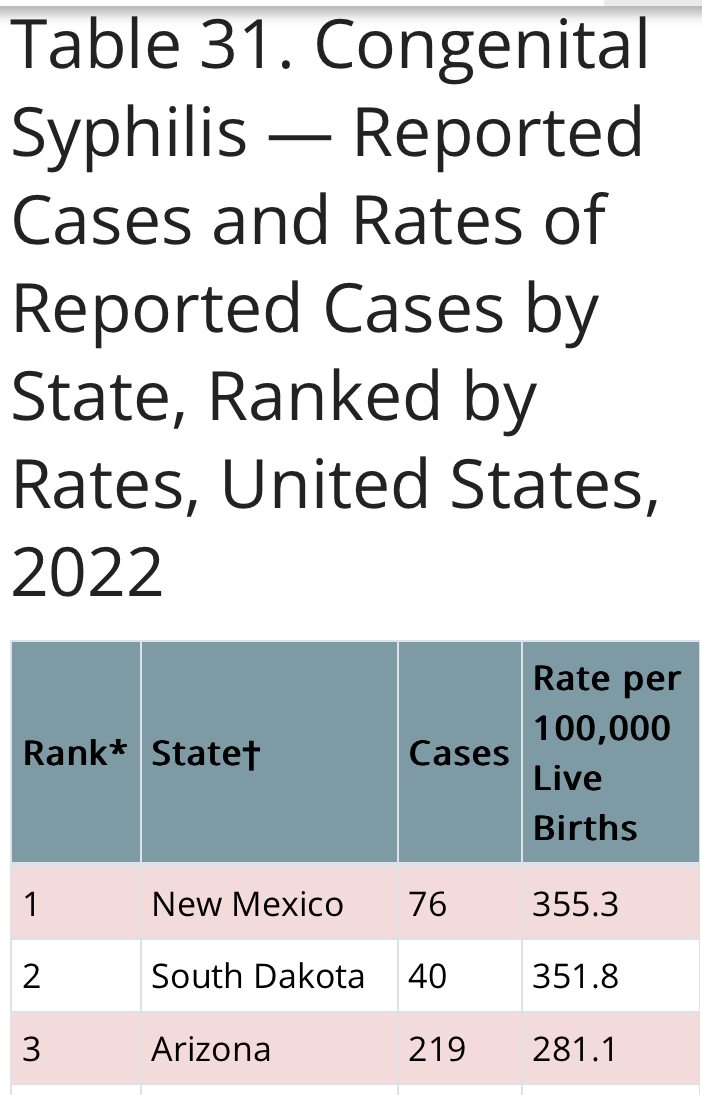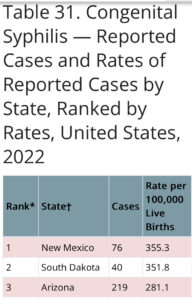This year’s legislative session is just about 1/2 over. Well, maybe not chronologically, but in terms of bills’ migration through the process. The budget will probably be done at the tail end of the session.
This year we’re focusing our advocacy in two main areas: policy interventions to improve the performance of ADHS’ assurance and licensure responsibilities and behavioral health.
Of course, we’re signed up for a whole bunch of bills, both for and against, but we’re focusing more on the assurance and licensure and behavioral health areas.
In part, that’s because we need to spend less time fighting against bills that are clearly bad for public health because we have confidence that the governor will veto bad bills (during the previous administration we had to do a lot of defense because the former governor had a proclivity to sign bills even if they were harmful to public health.
Most of the bills that would help ADHS do a better job regulating care facilities are on track and doing well including:
• HB2111 licensed facilities; transfer; sale; prohibition – Prohibits the ADHS from acting on an application for licensure of a currently licensed health care institution while any enforcement or court action related to their license is pending. Passed House.
• HB2249–residential care institutions; inspections – Adds behavioral health residential care facilities to the list of places for which ADHS can’t accept accreditation in lieu of a compliance inspection (eliminates deemed status). Passed House.
•HB2653– assisted living care; reporting; monitoring; injury – Greatly enhances incident reporting requirements for assisted living facilities and establishes optional electronic monitoring options (with limitations). Requires staffing registry checks. Passed House Health 8-0.
• HB2764– long-term care; enforcement; memory care – Raises the cap on ADHS imposed civil money penalties to $1000 per patient per day. Requires ADHS to develop a separate certification for assisted living facilities or nursing care institution that wants to provide enhanced memory acre services to residents. Passed House Health 9-0
• SB1655 – health care institutions; regulation – Increases the cap on civil penalties for violation of health care institution statutes from $500 to $10,000. Establishes the Indigenous Peoples Protection Revolving Fund with money from civil penalties. Passed Senate Health 7-0 but died in Rules
The same goes for the bills that would improve the performance of our behavioral health system. Most are on track, but a couple have stalled out:
– SB1678– secure state mental health facilities – Makes it clear that secure residential behavioral health facilities are only for people receiving court ordered treatment. Passed Senate Health 7-0.
– SB1688: Arizona State Hospital; governing board; governance. Establishes the State Hospital Governing Board and transfers operational control of the Arizona State Hospital to an independent 5-member board – eliminating the conflict of interest in which ADHS both runs and ‘regulates’ ASH. Passed Senate Health 7-0
– SB1309 Mental health evaluations; information &SB1311Mental health; data; evaluation
•SB1309Expands information that’s needed for court ordered behavioral health evaluations to include more information about the proposed patient. It also specifies which individuals may provide informed consent on behalf of a proposed patient for a voluntary evaluation (Passed Senate Health 7-0)
•SB1311 Makes it clear that AHCCCS is responsible for monitoring, overseeing and evaluating other state agencies that provide mental health services. It also makes good changes to the procedures for mental health prepetition screenings and court-ordered evaluations. (Passed Senate Health 7-0)





